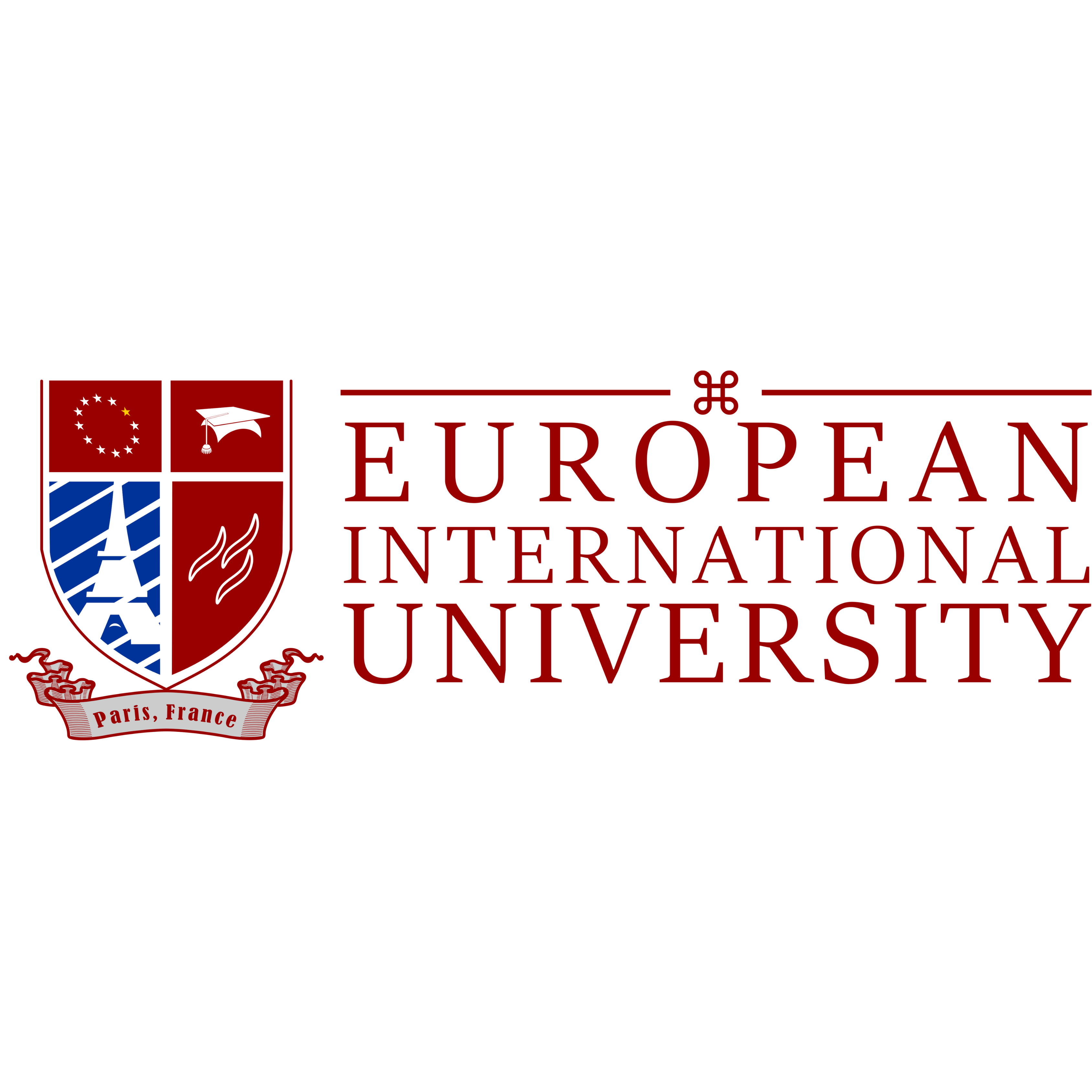
A Doctor in Strategic Planning is a research-driven doctoral program that prepares individuals to become experts in crafting and executing long-term strategies for organizations across various sectors. The program combines theoretical foundations with practical applications in areas such as competitive analysis, organizational behavior, innovation, and risk management.
Doctoral candidates explore advanced concepts in strategic management, decision-making frameworks, and performance measurement, aiming to enhance organizational effectiveness and adaptability in fast-changing markets. Through rigorous research, students contribute original insights that address real-world challenges like market disruption, globalization, and technological change.
Graduates typically pursue leadership roles in corporations, government agencies, or consulting firms where they develop and guide strategic initiatives that drive growth, sustainability, and competitive advantage. The program cultivates critical thinking, data-driven analysis, and visionary leadership skills essential for navigating complex business landscapes.
Additionally, the degree emphasizes interdisciplinary approaches, integrating economics, psychology, and data analytics to provide a holistic understanding of strategic planning. Candidates complete a dissertation that advances knowledge in strategic theory or practice, influencing policy, innovation, or organizational design.
Overall, the Doctorate in Strategic Planning empowers professionals to lead transformational change and make impactful decisions, positioning them as key contributors to the success and longevity of their organizations in an increasingly competitive world.